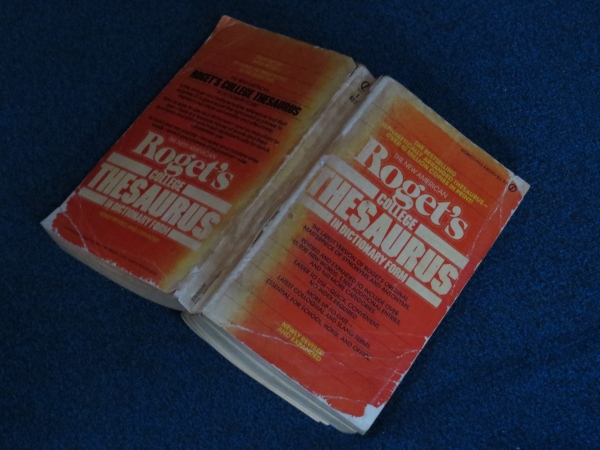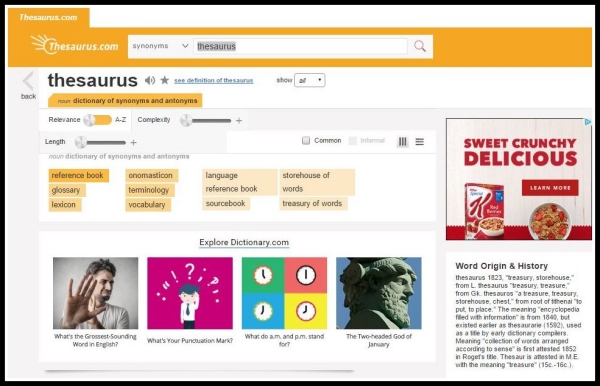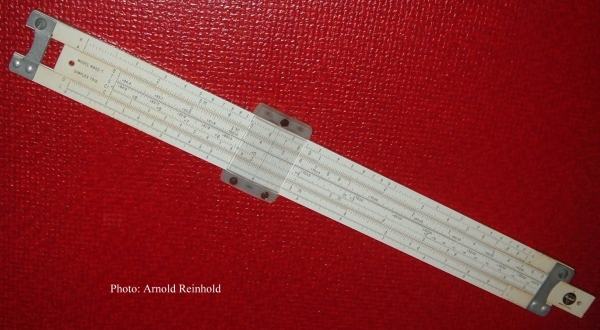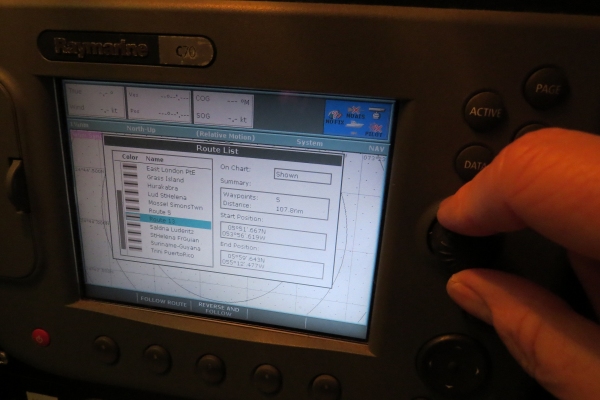According to many sources, today is Thesaurus Day, an unofficial holiday commemorating the birthday of Peter Mark Roget, best known for Roget's Thesaurus. I still have a battered, dog-eared hard copy of Roget's aboard … 1977 pub date. I knew you'd be impressed. We don't always have internet and I never know when I'll need just the right word and Roget's is chockablock full of them. I admit, however, that having a hard copy of any book aboard makes it a dinosaur..

When we have internet, I do use thesaurus.com and love it, but on the boat, we do not have the luxury of staying on-line all the time … nor even keeping our laptops plugged in and on continuously for that matter. I use an off-line dictionary/thesaurus, Artha, on occasion, but I find pulling the thesaurus from the bookshelf and thumbing through the pages is just as easy and probably more satisfying.

Some thesaurus trivia for you (because you know how I am). The word thesaurus comes from the Greek word, thesauros, meaning treasure or storehouse. First published in 1852 with 15,000 words, Roget's is still one of the most widely used reference books in the English language around the world. Since 1852, the book has never gone out of publication. It is believed that Roget worked on making word lists as a way to combat depression and mental illness, much like Word Find and crossword puzzles are encouraged to ward off (or at least delay) the onset of dementia
Roget is also known for inventing the log slide rule in 1814. Talk about dinosaurs! Just as an aside, I asked David if he'd still be able to use a slide rule and he said “Of course, I would. It's easy!” Anyone out there remember taking a trig class in high school and having to figure out how to use a slide rule? Not one of my favorite memories. I'll stick with the thesaurus. By the way, when I located this slide rule pic on Wikopedia Commons, it's listed as an “artifact”.

The topic of dinosaurs aboard, however, stirred up a conversation with the captain. We started listing techno-dinosaurs like dial telephones, pay phones, dial-up internet, tube tvs and typewriters. Then there were those we think are near extinction like landline phones, fax machines, telephone books, travel agents, hard copy newspapers and magazines and brick and mortar bookstores. We kind of mourn the fact that kids no longer have to learn cursive writing nor the multiplication tables nor how to tell time on an analog clock or count back change. Are we sounding like old curmudgeons?
We wondered just how many items we might have aboard that are extinct or on the verge. Our paper charts, for sure, though we find ourselves relying on them less and less. We've still got CDs and DVDs aboard, too. Our chartplotter (2008) requires us to turn knobs and dials instead of using a touchscreen. Yikes … nine years old and a dinosaur already.

Don't get us wrong. We really do try to embrace new technology. ATMs, GPSs, Wifi and on-line banking allow us to live the life we lead pretty-much hassle-free. Amazon Prime, now that we're back in the USA, has been a godsend.
Yet technological advances are coming so fast and furiously and there are so many things out there that seem superfluous, we have to sit back and wonder if we need all the extra gear, aka “stuff”, that's available and we're encouraged to buy. There's something to be said for a simpler life with fewer toys and a bit more expended effort. Perhaps, we're dinosaurs?











